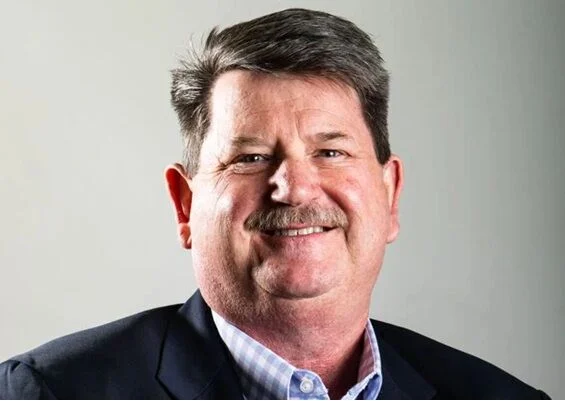As the House convenes for its crucial speaker election on Friday, Republican Representative Mike Johnson of Louisiana faces a tense and uncertain path to securing the gavel.
Despite receiving a strong endorsement from President-elect Donald Trump, Johnson is still working to win over a handful of hard-line Republicans, particularly from the House Freedom Caucus, who remain skeptical of his leadership. With just hours left before the vote, Johnson’s efforts to rally the necessary support highlight the challenges that lie ahead for Republicans in the 119th Congress.
To win the speakership, Johnson needs 218 votes, but with only 219 Republican members in the House following Rep. Matt Gaetz’s resignation, he can afford to lose only one vote. So far, Rep. Thomas Massie of Kentucky has already announced his opposition, making Johnson’s task even more difficult. The vote is expected to be tight, and if he fails to win the necessary support, the House will be forced to continue voting until a speaker is selected—delaying the start of legislative business.
In the days leading up to the vote, Johnson has worked tirelessly behind the scenes, meeting with holdout lawmakers to address their concerns, particularly over government spending and process reforms. These conversations have focused on finding a balance between advancing conservative policies while ensuring fiscal discipline. Although Johnson remains hopeful that he can secure the votes needed, the outcome is far from certain.
Trump’s endorsement earlier this week was seen as a significant boost for Johnson, with many Republicans acknowledging the weight of the president-elect’s influence in shaping the direction of the party. Trump has made it clear that Johnson is the best candidate to unite Republicans and deliver on conservative priorities. His endorsement appeared to sway some key lawmakers, including Rep. Josh Brecheen of Oklahoma, who expressed his belief that Johnson and Trump together would deliver results for the party.
However, despite Trump’s backing, several members of the House Freedom Caucus remain unconvinced. They are demanding specific policy changes, particularly regarding fiscal responsibility, before they agree to back Johnson. Rep. Chip Roy of Texas, a key holdout, has expressed concerns over Johnson’s handling of past spending bills and is calling for a more aggressive approach to cutting government spending. This divide within the GOP underscores the deep challenges Johnson faces in securing the support of all factions within his party.
Still, several factors could work in Johnson’s favor. For one, Trump’s willingness to personally intervene and press holdout lawmakers to back Johnson may prove decisive. It would be politically risky for any Republican to openly defy Trump, given his sway over the party base. Additionally, Johnson’s reputation as a unifier and listener has garnered some trust from fellow lawmakers. Rep. Ralph Norman of South Carolina, after meeting with Johnson, emphasized the importance of his willingness to listen to concerns, which is a stark contrast to the contentious and divisive tenure of former Speaker Kevin McCarthy.
Moreover, Johnson’s position is bolstered by the fact that, despite his challenges, there are few clear alternatives to his leadership. The lack of any strong contender capable of uniting the GOP in the House may ultimately lead Johnson to victory by default. As the clock ticks down to the vote, Republicans are aware that a prolonged battle over the speakership could jeopardize their ability to begin implementing their legislative agenda under a new Trump presidency. For Republicans, unity in electing a speaker is seen as critical to their broader strategy of delivering on conservative promises.
With input from Axios, the Washington Post, and CNN.








